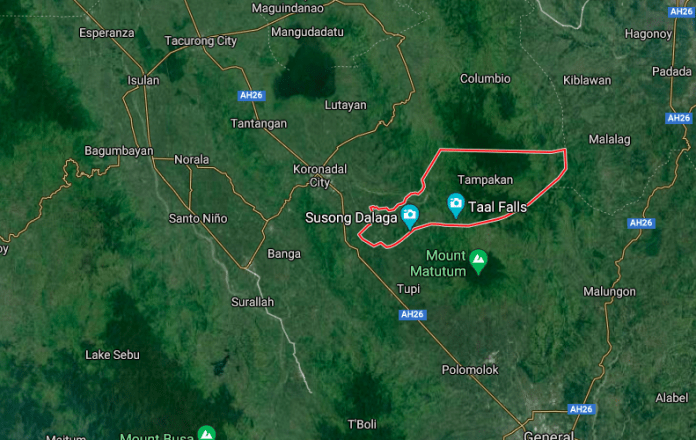Church and indigenous peoples rights group in Mindanao welcomed a local court ruling that trashed a petition questioning the legality of an ordinance that bans open-pit mining in South Cotabato province.
In a court ruling on October 12, Judge Vicente Peña dismissed the petition of a group of B’laan tribal people calling for the voiding of an ordinance that bans open-pit mining.
The judge, instead, upheld the legality of the Environment Code of South Cotabato province, citing provisions in the Philippine Constitution and the Local Government Code.
“This court ruling is an answered prayer,” said Father Jerome Millan of Tampakan Forum, a coalition of solidarity groups opposing open-pit mining in the province.
“The decision comes at a propitious time when our natural resources need the most protection, when the natural environment is threatened by human actions,” said the priest.
Catholic Church groups in South Cotabato have recently revived the Tampakan Forum to launch “systematic and sustained” oppositions against the controversial Tampakan mining project in the province.
For years, Sagittarius Mines, Inc. has been eying to develop almost 10,000 hectares of the Tampakan minefield, which is said to be the largest undeveloped copper and gold mine in Southeast Asia.
“The Church remains steadfast in its mission to safeguard nature and to oppose projects that desecrate what God created,” said Father Millan.
Maya Quirino of the Legal Rights and Natural Resources Center said the court decision affirms the autonomy of local governments over the stewardship and protection of the environment.
“At a time when there are contentious national policies that threaten to further exploit our natural resources and erode people’s right to a balanced and healthful ecology, this decision is heartening and gives courage to other local governments to follow suit,” said Quirino.
“This mammoth project threatens a critical biodiversity area and could displace communities,” she said.
In August, the local government of Tampakan terminated a Memorandum of Agreement with the mining company, saying the deal was “disadvantageous to the residents of Tampakan.”
Rene Pamplona, head of the Convergence of Initiative for Environmental Justice, also lauded the court decision, calling it “reassuring.”
The Tampakan copper-gold mine in Mindanao is the largest of its kind in Southeast Asia.
The project, worth US$5 billion, was granted an environmental compliance certificate by the government in February 2013, even as the South Cotabato province had banned open-pit mining in the region.
The financial and technical assistance agreement signed by the Philippine government with the mining firm would have expired on March 22, 2020 but was awarded a 12-year extension by the Department of Environment and Natural Resources last year.









